Rutherford Cross recently ran its first Interim Roundtable event of 2024. This instalment featured a great turnout of interim senior finance professionals coming together to discuss the topic of CV Writing. Rutherford Cross Consultants, Christina McLean and Mollie Rogerson, led this follow-on session after the success of their Interview Preparation Roundtable.
Supporting our Candidate Network
“We are here to advise and support people and organisations to realise their potential so that together we can impact lives and communities for the better.” Our purpose at Rutherford Cross is reinforced in more ways than one, and to offer our candidates a service that ensures the best chance of success is at the forefront, we recognise that the key to opening the door to an interview begins with a compelling job application. During our latest Interim Roundtable, we shared our advice on how best to structure a CV with valuable input from finance professionals on the call.
Components of a Perfect CV
The conversation kicked off with a high-level overview of the key sections a strong CV should include, before breaking down the component areas into further detail. The key headings are:
- Name, Contact Details, Location
- Education and Qualifications; e.g., ACCA, ICAS, CIMA, ICAEW etc.
- Personal Statement
- Professional Experience / Career History
– Employer, Position, Dates
– Key Duties & Responsibilities
– Key Career Achievements - Key Skills
- Personal Interests & Achievements
Personal Statement / Executive Profile
This section of the CV can be considered as the ‘mission statement.’ During the session we discussed the importance of tailoring your profile to the position you are applying for; summarising who you are and what you are looking for, ultimately convincing the hiring manager that your skills and experience make you a viable candidate and distinguishing you from the competition. We suggest your Personal Statement should include the following structure:
- Who you are
- Education
- Years of experience
- Areas of expertise and transferrable skills
- Preferred sector/industry
- What you are looking for (e.g., position, industry, strong company culture/values etc.)
- Availability and location
Career History & Key Achievements
When listing your career history, we presented the concept of the ‘10-year rule’. This means that any professional experience gained within the last ten years should be detailed in the format: Employer, Position, Dates, Duties & Responsibilities, and Key Achievements. Anything prior to this should only highlight the Employer, Position, and Dates (unless the role responsibilities are directly relevant to the job vacancy).
Leaving the reader with as few questions as possible is a good philosophy to adopt when writing a CV and from this we discussed the significance of stating the obvious, all whilst being concise. This could include:
- Adding a sentence outlining the company size by turnover and/or employee headcount, and on some occasions, company sector / industry when the brand is less well-known, or you want to highlight specific industry experience
- Clearly differentiating Duties & Responsibilities from Key Achievements using separate headings and bullet points; this makes it easier for the reader to pull out the value-add elements of the CV from the key competencies
- Highlighting which roles were contract / temporary (if any); this negates any hesitation around your reasons for leaving and level of commitment
- Removing first person filler words which can unintentionally lengthen a CV e.g., swapping “I was responsible for…” with “Responsible for…”
Key Skills
We emphasised the benefit of highlighting your strengths by incorporating a ‘Key Skills’ section into your CV and breaking this down further into subheadings of Hard and Soft Skills. Knowing the difference between your hard and soft skills can provide you with leverage when it comes to aligning your skillset with the key competencies of a job description.
Hard Skills refer to your technical abilities and level of practical knowledge required to carry out the job, for example:
- IFRS 15 working knowledge
- Cash flow, pricing, controls and compliance
- Advanced user of SAP and Excel
Soft Skills provide a flavour of your transferrable skills and personality attributes, for example:
- Ability to communicate financial information to both finance and non-finance stakeholders
- Leadership / people management
- Analytical mindset / problem solver
- Ability to balance competing workload priorities
Personal Interests & Key Achievements (Outside of Work)
The final part of our suggested CV structure led us to a discussion around why devoting some time to highlighting a few personal interests and non-work-related achievements in your CV is advantageous. These sections are optional but can add a human touch to your application and show hiring managers that you are a well-rounded person with motivations outside of work.
Final Top Tips
- Lastly, we covered off a few of our top tips before moving onto closing thoughts & questions:
- Always tailor your CV to the specific role you are applying for
- Make your CV concise and to the point
- Ensure the formatting is consistent across the whole CV
- Check spelling and grammar closelyEnsure your LinkedIn profile aligns well with the information on your CV
Closing Thoughts
The overriding takeaway from the session was that refreshing your knowledge of CV structure and formatting can be beneficial to all, no matter whether you are a career contractor or making your first career move after many years at the same organisation.
A key learning for most of the group was to clearly separate and distinguish Duties & Responsibilities from Key Achievements, and Hard Skills from Soft Skills, with a focus on how we can use these skills as a tool for interview preparation. The ‘10-year rule’ was a new concept to some and helpful to those who struggle with condensing their experience. The group also presented some relevant food for thought around how to approach career breaks on your CV and when to include a cover letter, both of which we will look to cover in more detail during future roundtable sessions.
Running our series of Interim Roundtables is something we thoroughly enjoy and we appreciate every candidate or client who takes the time out of their busy day to attend, contribute and share their positive feedback:
“Excellent session, very relevant subject and state of the art info from presenters”; feedback from an attendee at our latest session.
If we can be of any assistance in helping you structure a CV or prepare for an upcoming interview, or if you would like to know more about future events at Rutherford Cross, please get in touch with the team: [email protected], [email protected], [email protected] or [email protected].







